In response to disturbing reports of sexual abuse and exploitation involving schoolgirls in some institutions, the Upper East Regional Office of the National Commission for Civic Education (NCCE) held back-to-back sensitization programmes at Zamse Senior High Technical School and St. Anthony of Padua International Junior High School, both in Bolgatanga. The events aimed at empowering students and educators to confront sexual misconduct in schools.
The sessions were led by the Deputy Upper East Regional Director of the NCCE, Mr. Agustine Akugri, who condemned the rising tide of sexual exploitation in educational institutions. He defined child abuse as any intentional act that threatens a child’s safety, dignity, or development, emphasizing that such abuse, whether emotional, verbal, physical, or psychological, often stems from betrayal by trusted adults.
Citing data from UNICEF and the Girls Excellence Movement (GEM), Akugri revealed that 51.9% of female Senior High School students in Ghana reported experiencing sexual assault between 2019 and 2021. Teachers accounted for 10% of perpetrators, with classmates, friends, and family acquaintances also implicated. He further noted that 17% of teenage girls aged 15–19 have experienced sexual violence, and 25% reported coerced first sexual encounters before age 15.
The programme explored root causes of abuse, including misuse of authority by educators, weak institutional oversight, cultural victim-blaming, and inadequate sex education. Akugri warned that some girls from low-income backgrounds are lured with gifts or academic promises, while peer pressure and media exposure normalize exploitation.
Participants were educated on the psychological toll of abuse, ranging from trauma and low self-esteem to suicidal ideation, and its social consequences, such as academic decline and isolation.
Legal protections were also highlighted, including the Children Act (1998), Criminal Offenses Act (1960), Domestic Violence Act (2007), and Education Act (2008), which empower authorities to prosecute offenders and permanently bar guilty educators from teaching.
Teachers were briefed on Section 42 of the Education Act, which mandates disciplinary action against staff found guilty of misconduct. Mr. Akugri urged educators, parents, and community members to uphold their civic duty by reporting abuse and fostering safe learning environments. He concluded with four key recommendations:
- Strengthen child protection systems in schools
- Provide psychosocial support for victims
- Enforce strict punishment for perpetrators
- Promote digital ethics to curb the circulation of abuse videos
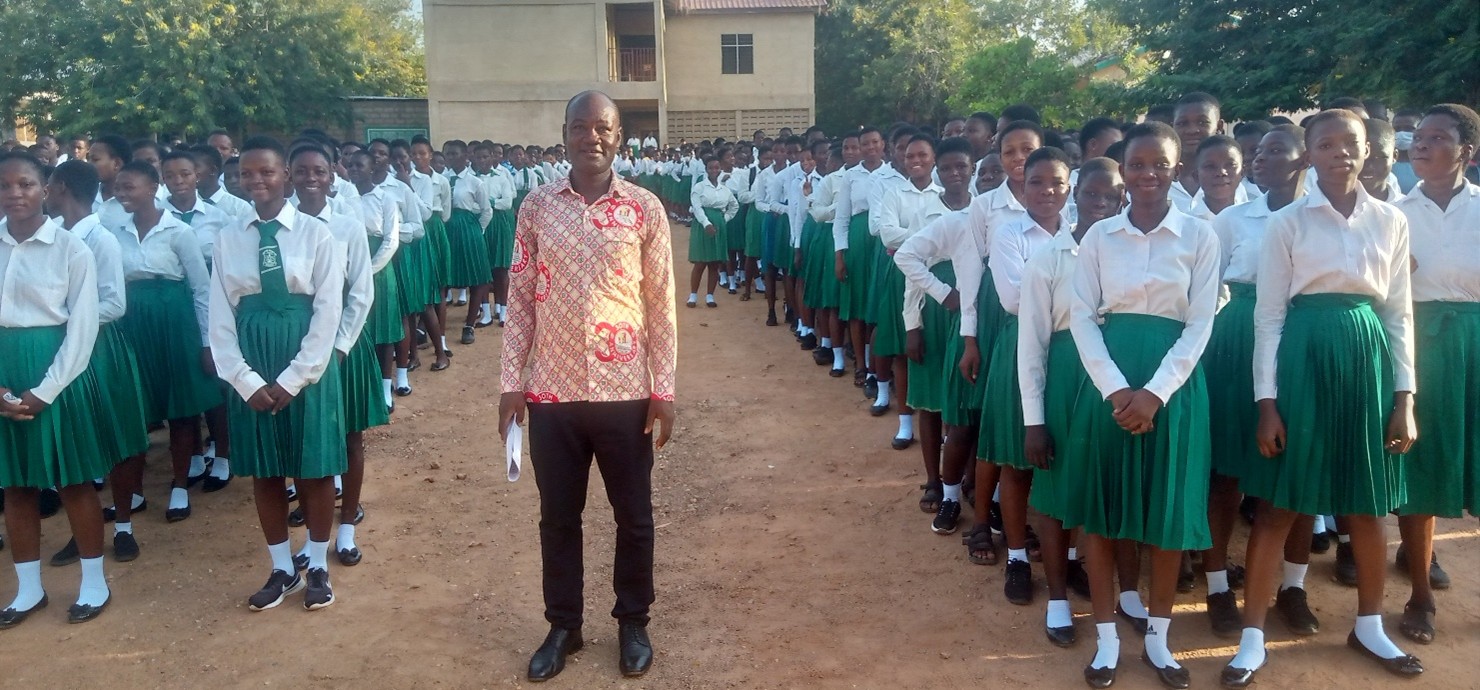
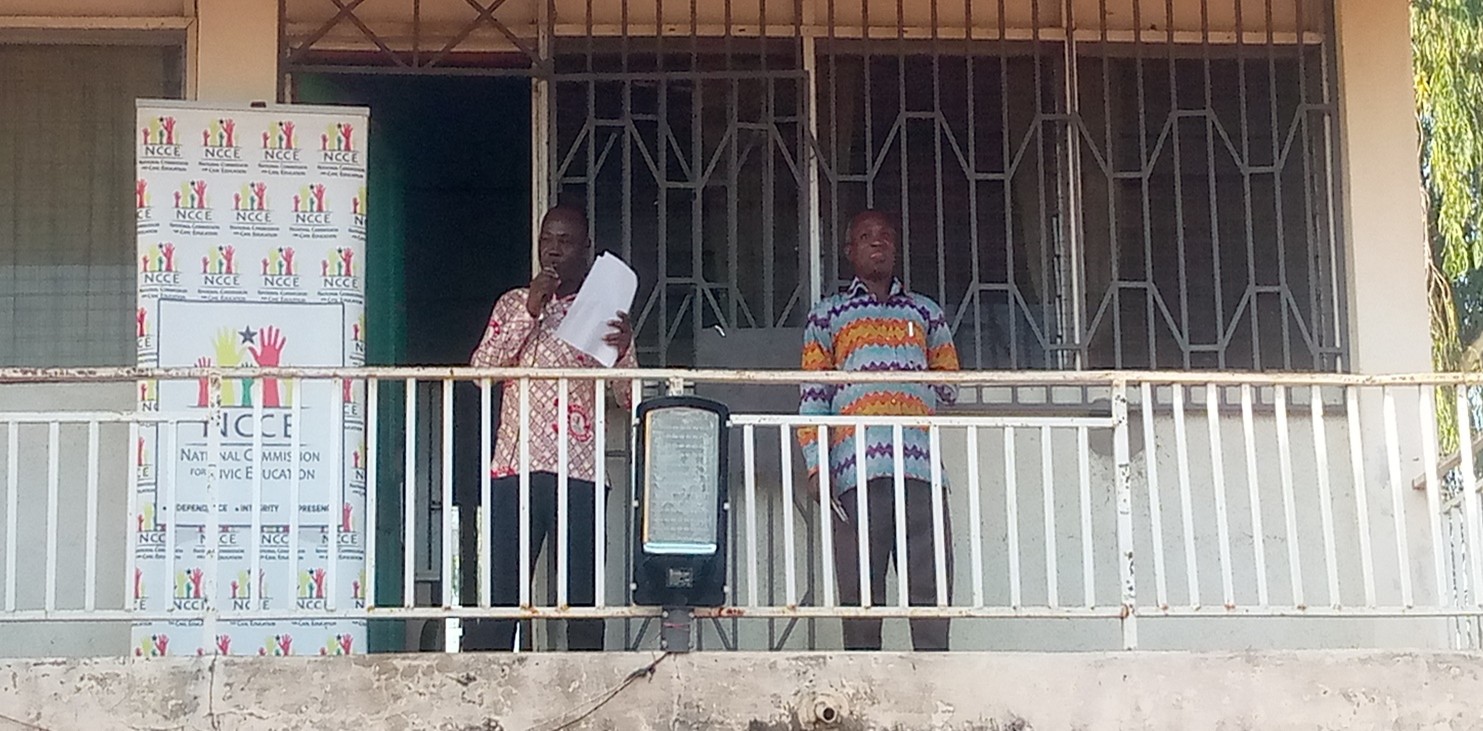
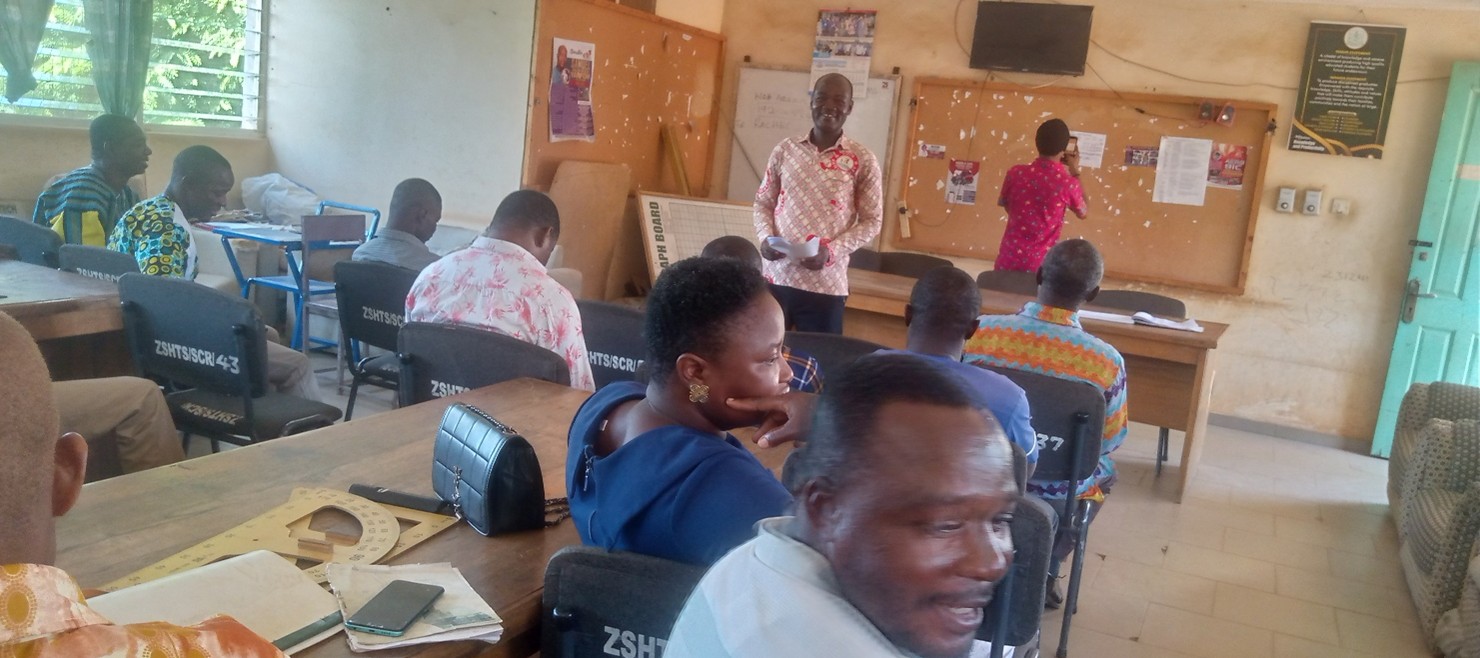
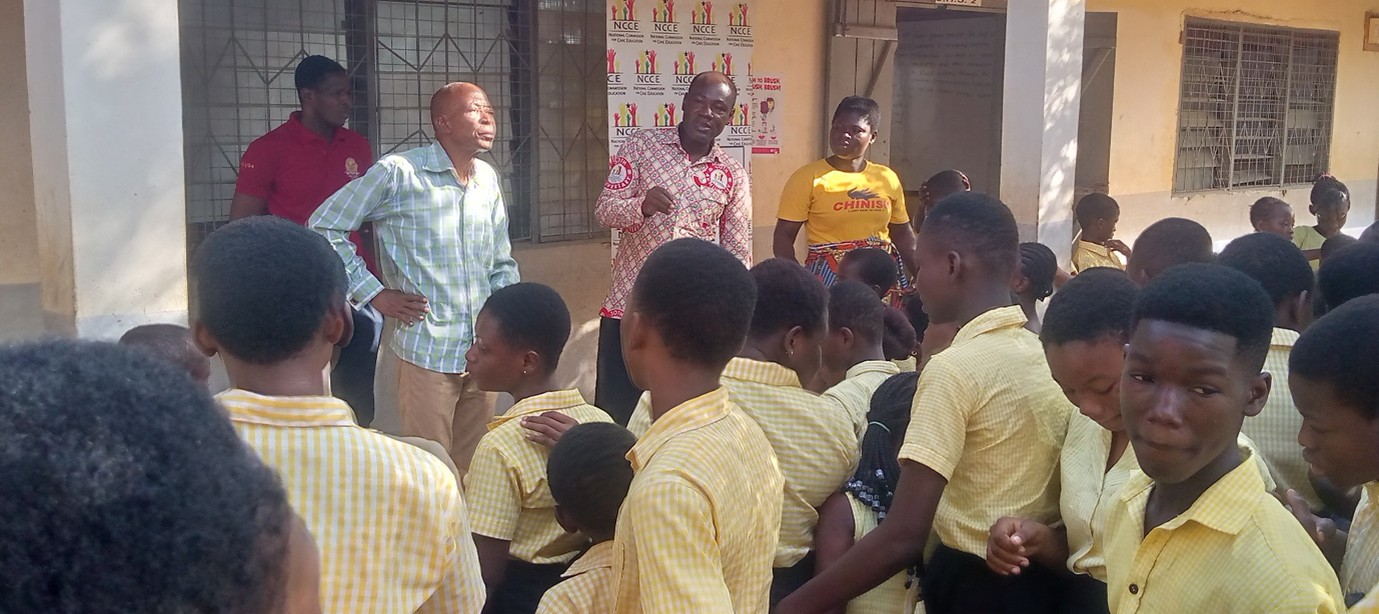
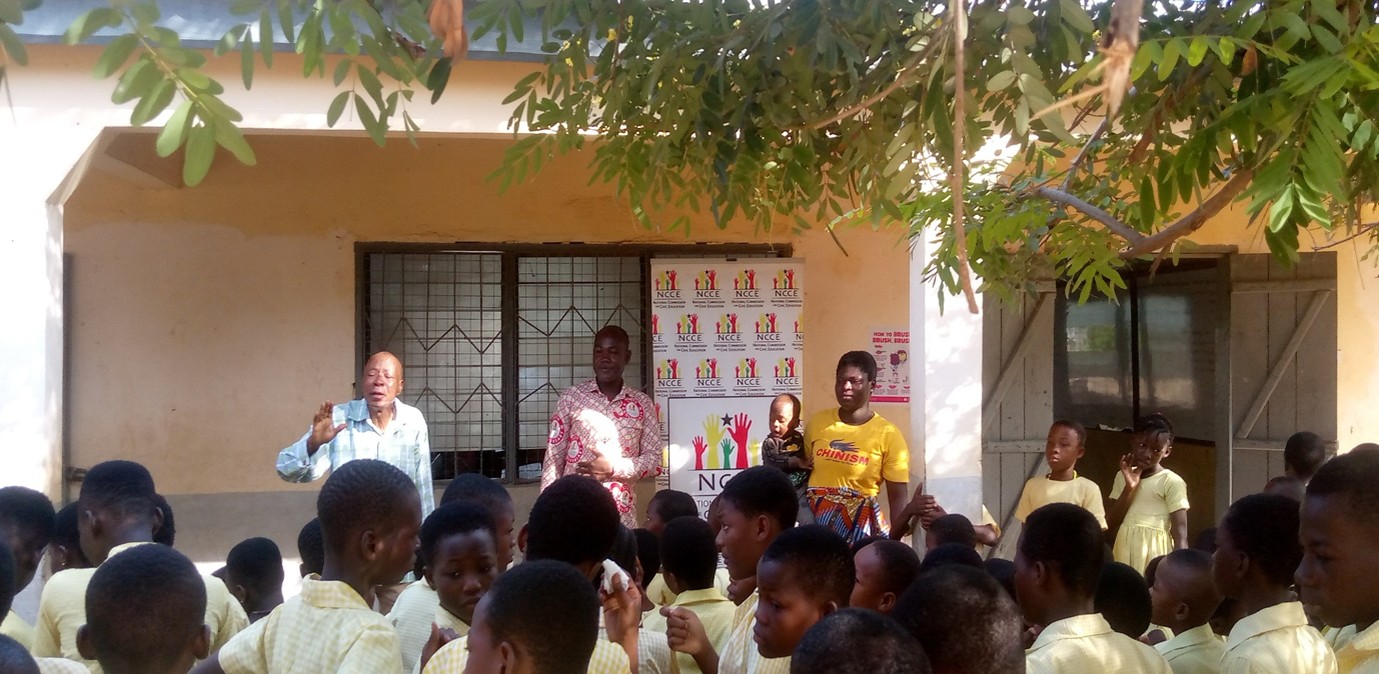
_
Follow us on our social media pages for more stories and posts from the NCCE.
https://www.instagram.com/nccegh/
https://www.facebook.com/nccegh/




Leave a comment